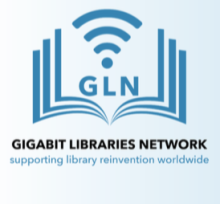MBC Partnering To Bring Internet Home For VA School Kids
The Mid-Atlantic Broadband Communities Corporations (MBC), a broadband cooperative with member communities in Virginia, recently announced that a new project will bring Internet access to students at home to help close the “homework gap” in Charlotte and Halifax counties.
Homework At Home
Approximately half of the K-12 students in the two southern counties don’t have Internet access at home, interfering with their ability to hone the skills they need for future success. To address the issue, MBC and its partner Microsoft obtained funding from the Virginia Tobacco Region Revitalization Commission and will implement the project which reach 1,000 households and approximately 3,000 students. Students will be able to tap into their schools’ networks to access online assignments and resources from home. The service will be free.
The project is an expansion of a pilot program based on white space technology, which we’ve written about before. White space technology has been used in similar projects by libraries in New York, North Carolina, Colorado, and Mississippi to extend Internet access to communities where people have limited access. White space technology isn’t interrupted by dense forests or hills, so works in the Halifax and Charlotte county terrain.
Better Connectivity, Better Economy
MBC formed in 2004 as an open access network, funded by the Virginia Tobacco Commission and the U.S. Department of Commerce Economic Development Administration. The network also received American Recovery and Reinvestment Award (ARRA) funding in order to connect schools and community anchor institutions in southern Virginia and to extend the reach of the network even further. The network now consists of more than 1,800 miles in 31 counties.



